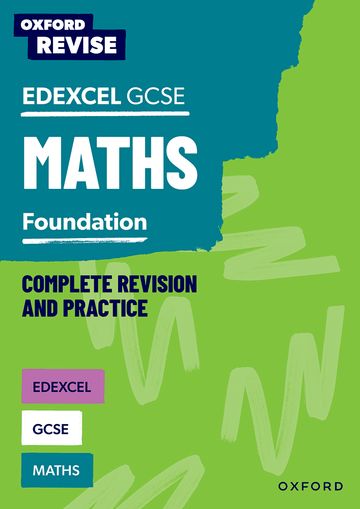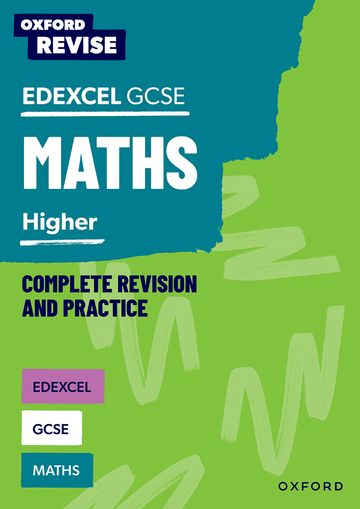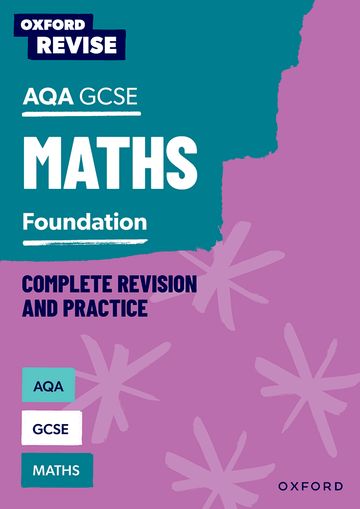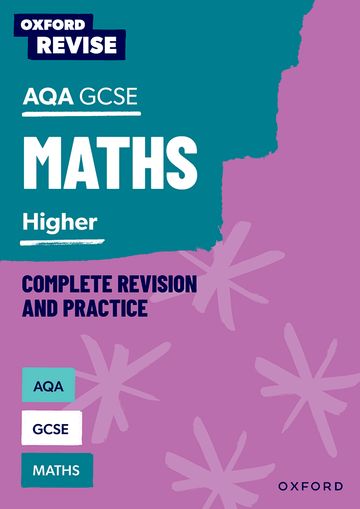Top Tips for Maths Revision
For maths there should be two main elements to your revision.
1. Learning maths facts
There are things in maths that you just need to remember: common equivalent fractions, decimals and percentages, definitions like “prime”, “factor” and “multiple”, the names of 2D and 3D shapes and the angle rules to name just a few.
It’s a good idea to spend a little time each day quizzing yourself on all of these facts – the retrieval questions in the Oxford Revise books are perfect for this.
Ask family and friends to test you and put the ones you don’t know onto flash cards. Test yourself regularly until you really know them. The same goes for your times tables.
2. Practising maths questions
To be able to do maths, you need to do maths! Start by going through each topic in turn, make sure you know the basic facts, and then do some questions relating to this topic. Make sure you mark them, and if you get any wrong and don’t understand why, ask for help.
Every so often, do questions from a past exam paper – any paper will do as long as it is your tier (Foundation or Higher) and for the right exam board. This will help you to get used to identifying which topics to use when the questions are all mixed up. If you don’t know where to start; keep calm and write down any maths you can think of that might be related to the question.
Depending on your target grade, you might want to break a paper down into sections and start by aiming to get the first ten questions of each paper completely correct all the time. As you get more confident, move further through the papers.
When to start
Revision should start well in advance of your exam. Aim to be doing a little bit of maths each day for as long as possible before your exams start, even if it is just 30 minutes of self-quizzing. Imagine how much you will already know if you do this from the start of your GCSE course!
Timetable in two or three longer sessions each week for practising questions as the exams get closer and try to do some past papers under exam conditions – without stopping to check the answers!
By breaking down your revision for maths and for other subjects into manageable chunks you will give yourself the best possible chance of succeeding.
Good luck!
Useful links
Revision books

Edexcel GCSE Maths: Foundation
Revise and practice everything you need to do well in Edexcel GCSE Foundation Maths. You’ll get support that’s tailored to the Foundation paper, so that it’s at the right level to build your confidence.

Edexcel GCSE Mathematics: Higher
Revise the full specification for GCSE Edexcel Higher Mathematics. You’ll get all the extra support you need to do well in the Higher maths paper, including worked solutions for Higher topics like trigonometry in 3D.

AQA GCSE Mathematics: Foundation
Revise everything you need to know to do well in AQA GCSE Foundation Mathematics. You will build your confidence with practice that’s tailored to the Foundation paper.

AQA GCSE Mathematics: Higher
Revise and practice everything you need to do well in Edexcel GCSE Foundation Maths. You’ll get support that’s tailored to the Foundation paper, so that it’s at the right level to build your confidence.